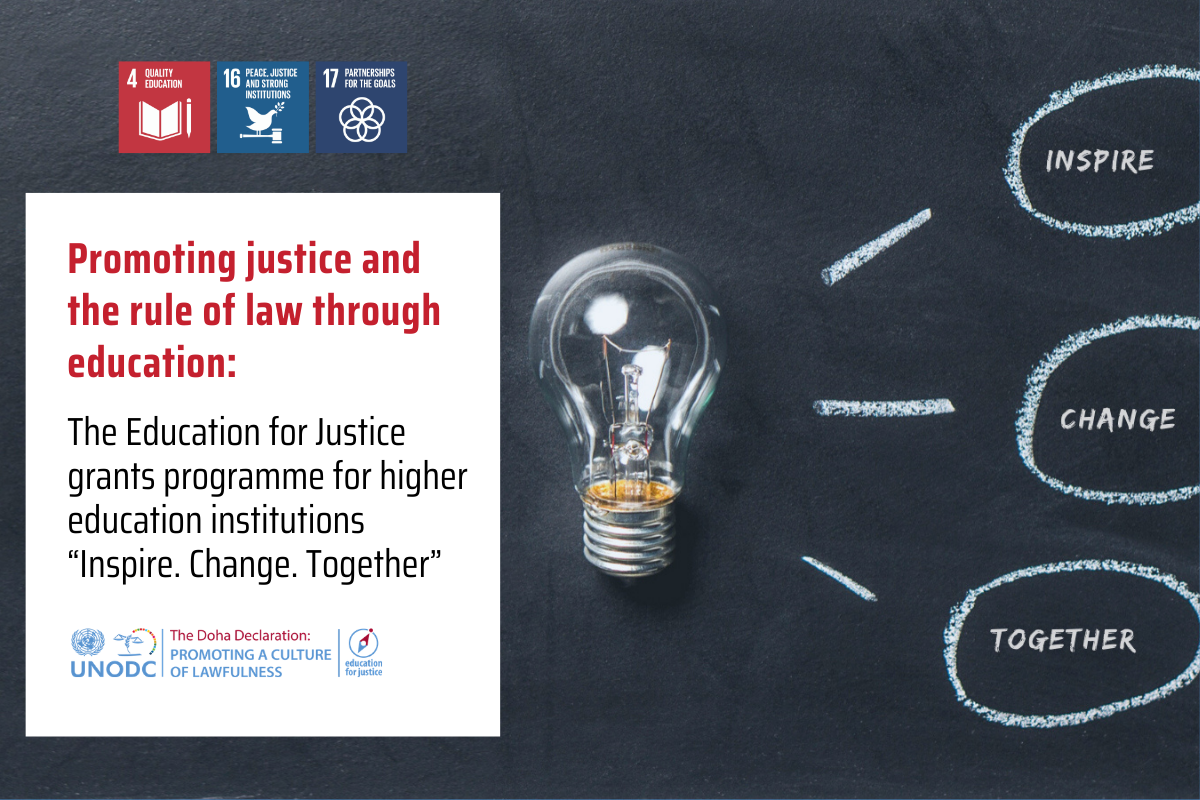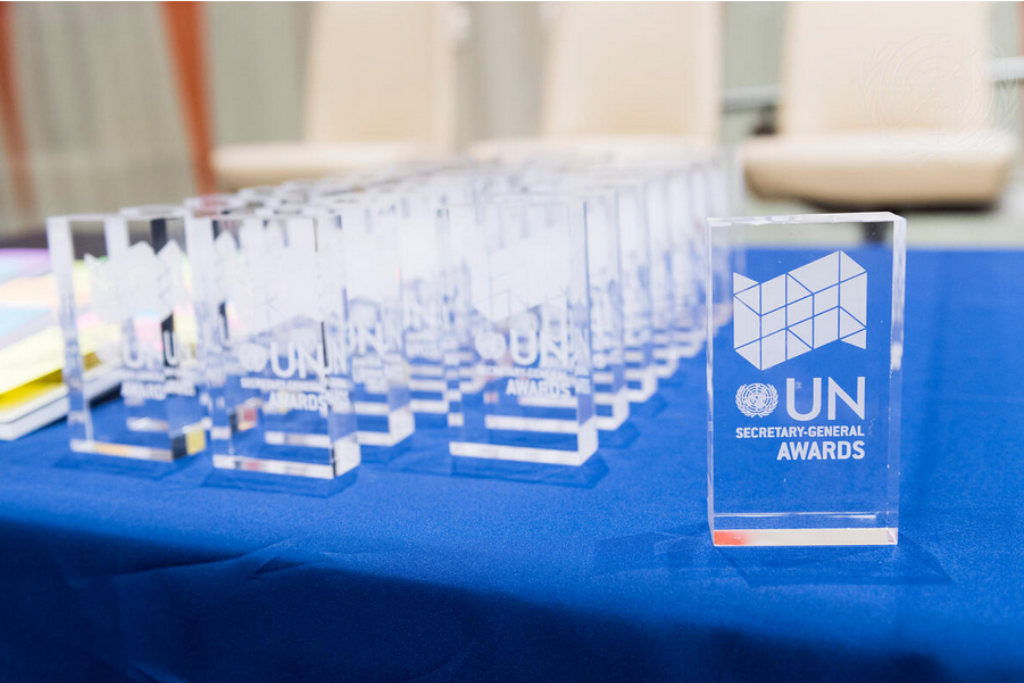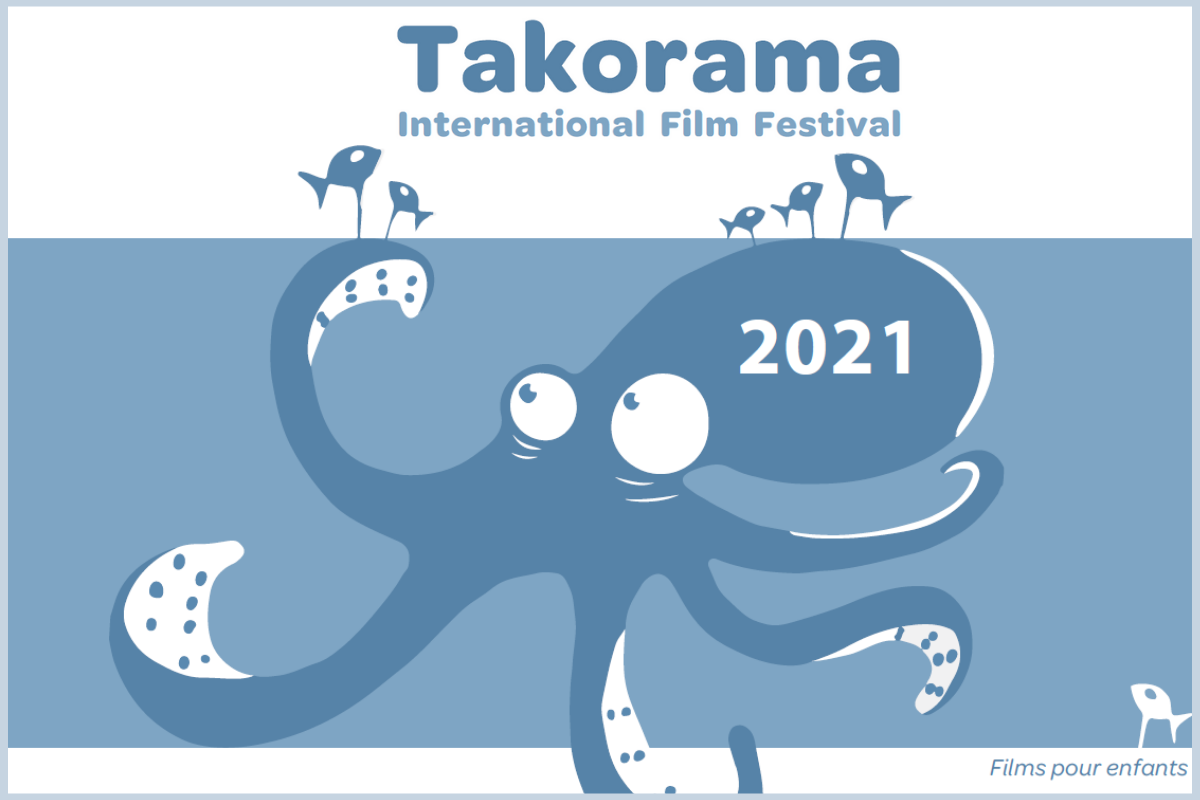UNODC's Education for Justice initiative: inspiring, changing, innovating
6 November 2018 - For decades, UNODC has been a global leader in the fight against crime and illicit drugs, assisting Member States in their struggle to prevent and control these scourges which destroy so many lives and livelihoods. With the Global Programme for the Implementation of the Doha Declaration, funded by the State of Qatar to promote a culture of lawfulness around the world, UNODC has added a crucial element to this struggle which unites all nations: the education of younger generations to ensure a better tomorrow.
A culture of lawfulness is an essential component of peace, justice and strong institutions everywhere, whose pursuit is contained in Sustainable Development Goal 16 and whose achievement depends not just on fighting current obstacles, but also on preventing their emergence in the future. Education holds the key to addressing many of the world's crime issues. It can serve as a catalyst for change to help address global problems and prepares young people to contribute to tackling the challenges faced by society internationally and locally.
The Education for Justice (E4J) initiative, one of the Global Programme's four components, fully encapsulates this ambition, by joining the collective knowledge and experience of its numerous experts and providing the tools needed to teach lawfulness and crime prevention at all educational levels, from primary school to university. Through E4J, educators are supported in empowering the next generation to emerge from schools and universities with the right skills that will turn them into responsible citizens who will have a strong impact on society.
https://youtu.be/9FmXlCkSCkISpeaking in New York this week at a special event marking the importance of education in this respect, UNODC Executive Director Yury Fedotov recalled the central nature of this topic at the 13th UN Crime Congress at which the Doha Declaration was adopted: "Member States agreed that education for all children and youth is fundamental to the prevention of crime and corruption, and to the promotion of a culture of lawfulness that supports the rule of law and human rights."
In the presence of diplomats and education specialists, Mr. Fedotov led an interesting panel of engaged personalities to offer an overview of E4J's mission, namely assisting educators as they teach the next generation to better understand and address problems that can undermine the rule of law. Sheikha Alya Ahmed bin Saif Al-Thani, Permanent Representative of the State of Qatar to the United Nations in New York, moderated the event and spoke of her country's commitment towards education and empowering youth to overcome challenges presented by drugs, crime and terrorism.
Mr. Fedotov pointed out that in partnership with organizations such as UNESCO, UNODC seeks to build the capacities of teachers and policymakers to plan and undertake educational activities that empower learners to take constructive and ethically responsible decisions to defend them. The joint partnership - Global Citizenship Education: Doing the right thing - will include a policy guide on how education can promote the rule of law, and a toolkit for primary and secondary level educators to help teach on these issues.
The Director of UNESCO's New York office, Marie Paul Roudil, meanwhile delivered remarks from the organization's Director-General, Audrey Azouley, at this event noting the importance of addressing challenges to peace, justice and the rule of law. "I am particularly proud of the partnership between UNESCO - the UN agency mandated to lead on education - and sister agency, the United Nations Office of Drugs and Crime, to foster a culture that respects the rule of law for more resilient societies. Education is at the heart of this mission."
The work of the Global Programme, and with it the scope of E4J, is comprehensive and designed to be applicable all over the world. For Major-General Dr. Abdullah Al-Mal, Advisor to the Prime Minister and Minister of Interior of the State of Qatar, the universality of crime made its prevention a joint struggle. Thanking Mr. Fedotov for the partnership with UNODC, General Al-Mal noted how the Global Programme is designed to "reinforce the capacities of Member States, especially developing countries". Pointing to the wide scope of the Doha Declaration itself, General Al-Mal highlighted how it "has contributed significantly in directing international efforts towards building just and humane criminal justice systems…and promoting development to confront organized crime."
E4J's roll-out at the primary level focuses on teaching young children values such as respect, integrity, fairness and acceptance through a variety of tools. ' The Zorbs', for instance, is an animated series in which inhabitants of an imaginary planet overcome challenges thanks to these values and skills. With ' The Online Zoo' book, children are positively encouraged to deal with the different challenges and dangers they face online. When playing the unique video game ' Chuka, Break the Silence', children learn to respond to psychological, physical and sexual violence.
The material offered at the secondary level is equally diverse, focusing on strengthening children's critical thinking, empathy, teamwork and conflict resolution skills. Working with educators and civil society organizations around the world, E4J has designed game-based learning material, with several board games currently in development to encourage children to act with integrity. With its Model United Nations (MUN) Resource Guide, E4J reaches out to youth networks around the world, supporting them in organizing MUNs on UNODC mandate areas and helping form tomorrow's leaders. E4J has also organized hackathons, most recently in partnership with one of the world's leading cybersecurity corporations, Symantec.
Jayathma Wickramanayake, the Secretary-General's Envoy on Youth, commented on the importance of such initiatives and, critically, the wide scope of society that this can reach: "Education supporting the rule of law should not only target young people, but also their teachers and educators, civil servants, law enforcement officials, military personnel, and journalists.
There is also a wealth of material offered at the tertiary level, offering comprehensive modules aimed at incorporating into educators' syllabi the various subject matters covered by UNODC. These multi-disciplinary university modules, developed by E4J in collaboration with over 600 academics from over 400 universities in more than 90 countries, cover anti-corruption, crime prevention and criminal justice, organized crime, trafficking of persons / smuggling of migrants, firearms trafficking, cybercrime, wildlife, forest and fisheries crime, counter-terrorism, and, last but not least, integrity and ethics.
For Dr. Ahmed bin Hassan Al Hammadi, Secretary-General of the Ministry of Foreign Affairs of the State of Qatar, the value of E4J's contribution to education worldwide includes its accessibility and the extent of its offerings: "This initiative inspires children and youth in the spirit of innovation in order to free society from drugs, crime, and violent extremism."
All these educational tools are openly available in the unique E4J Library of Resources. The library is a comprehensive database of pre-existing, relevant and age-appropriate educational material, making it a one-stop source where users can not only quickly find specific information, but also browse at leisure and discover inspirational material. Continuously expanding, the library already contains some 5,000 resources in several languages.
Dikembe Mutombo, renowned former NBA All Star sportsperson and founder of the Dikembe Mutombo Foundation, welcomed the innovative initiative contributing to a culture of lawfulness around the world: "There is a necessity to educate children from an early age on the rule of law… and education is at the centre of the UN's efforts to build strong, resilient societies." Within this context, he also flagged UNODC's efforts to promote a culture of lawfulness through the Global Programme, pinpointing the creative tools developed under E4J.
Making the world safer from drugs, crime, corruption and terrorism is at the core of UNODC's mission as it continues its work with ministries of justice, ministries of interior, law enforcement agencies, judges, and other stakeholders. By collaborating with ministries of education, academic institutions and educators worldwide, UNODC, through E4J, hopes to empower the next generation to change society for the better, with inspiration, change and innovation.
Additional information:
Education for Justice (E4J) initiative
Global Citizenship Education: Doing the right thing
Global Programme for the Implementation of the Doha Declaration


